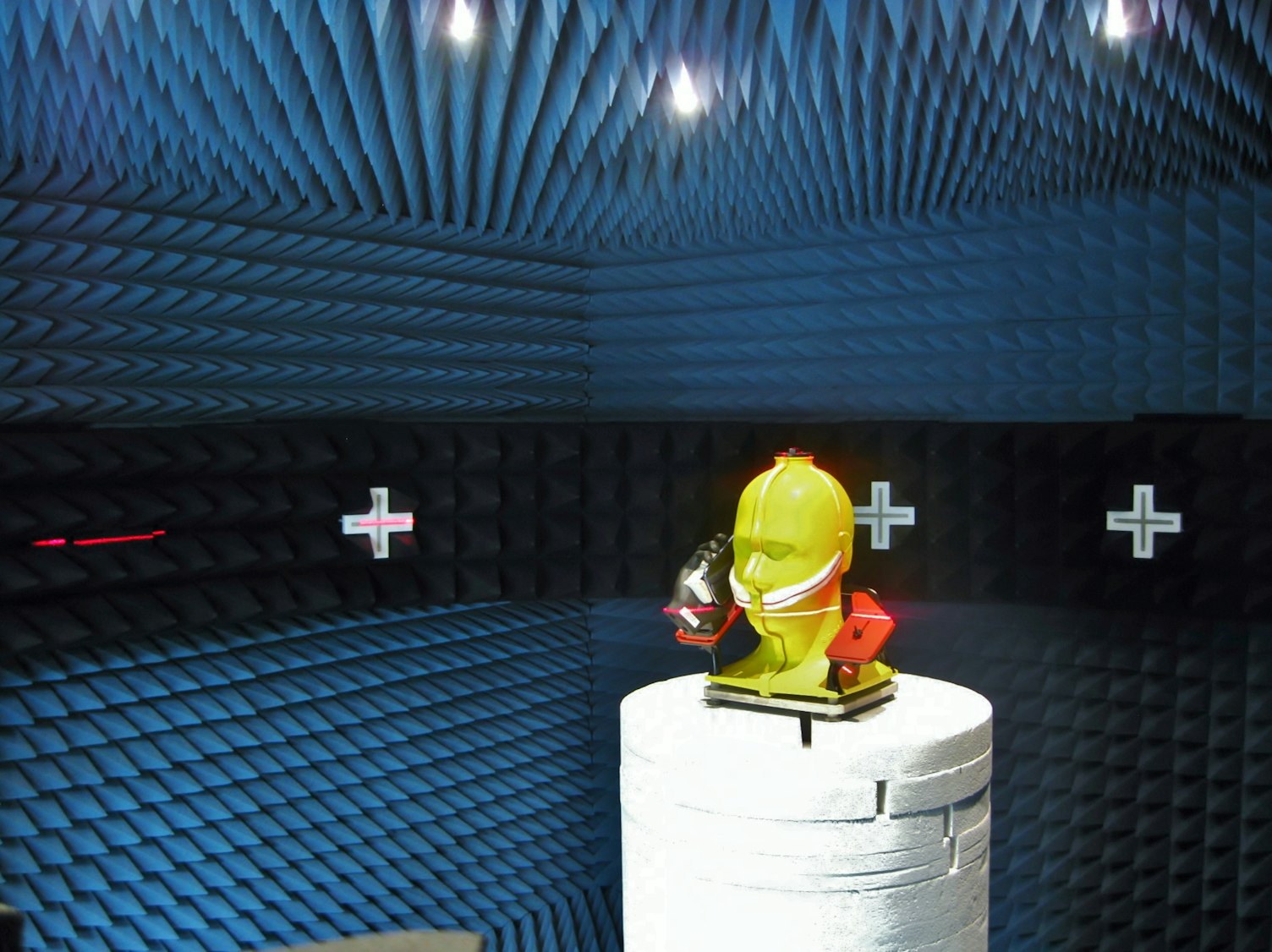OTA testing plays a crucial role in ensuring the reliability and performance of wireless devices. It is the key element in product development for all wireless devices and is required by both industry and carrier standards.

What is OTA?
OTA – over the air – refers to antenna testing in a fully anechoic chamber. It measures total radiated power (TRP) and total isotropic sensitivity (TIS) for a wireless device.
Our competence centers for wireless telecommunication and automotive testing can conduct OTA certification testing and have several different antenna chambers available, with 24hr support. Our wireless telecommunications experts understand both industry and carrier requirements and we are approved/certified to run the OTA requirements for many of the major carriers in the US and worldwide.
OTA certification testing ensures accurate, repeatable, and uniform testing of mobile devices. The extended range of OTA services available include:
- 3GPP, CTIA, PTCRB, GCF OTA testing
- 5GAA Vehicular Antenna Test Methodology (VATM)
- Total radiated power (TRP) and total isotropic sensitivity (TIS) for
- 5G FR2 mmWave
- 5G FR1 (SA, NSA including EN-DC), carrier aggregation (5G/4G)
- 4G/3G/2G, CAT M1, NB-IoT, Wi-Fi, Sigfox
- A-GPS/A-GNSS
- Antenna radiation pattern (2D/3D)
- Antenna efficiency and absolute gain
- Voltage standing wave ration (VSWR) and antenna matching
- Multiple input and multiple output (MIMO)
Full vehicle OTA testing
For the most comprehensive assessment of an antenna’s performance, manufacturers should employ the full vehicle OTA testing strategy. This combines both active and passive OTA testing, using a full anechoic chamber to enable real-world usage tests to be conducted under laboratory conditions. Only through full vehicle OTA testing will the manufacturer get clear and accurate insights into how a vehicle’s structure and other electronic devices will impact an antenna’s performance.
SGS Building, Street no. N 203,
Jebel Ali Free Zone North,
Dubai, United Arab Emirates









